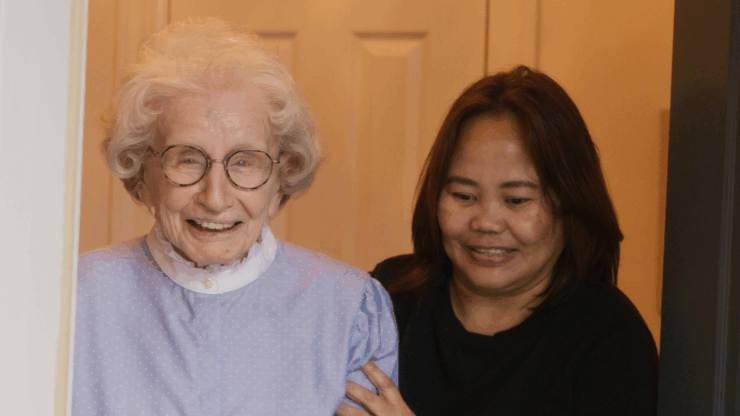
What is the Difference Between ADL and IADL?
Healthcare professionals and doctors understand the definition of IADLs and ADLs when it comes to caring for older adults, but do you? As elderly adults age, it’s crucial to discover whether they’re having any issues and you need to know which daily activities they can handle on their own, and which ones will require assistance.
Sometimes, age or illness can make it harder for a person to perform ADLS and IADLS. Both IADLs and ADLs are important for a person’s daily comfort, but they are also significant for several reasons. Today, we would like to look more deeply at ADLs and IADLs and discuss their meaning and examples and how they differ. Understanding ADLs and IADLs will help you offer the best care possible for your loved one.
What are ADLs and IADLS?
ADLs
ADL stands for Activities of Daily Living and are routine tasks most people are able to perform on a daily basis without assistance. There are six basic ADLS which refer to the person’s ability to take care of themselves:
Dressing – Being able to dress and undress, choose for appropriate weather and occasion, as well as putting on and taking off clothing.
Eating – The ability to feed oneself (not including cooking).
Bathing/Showering – This includes grooming activities such as shaving, brushing teeth, and hair.
Transferring – This refers to functional mobility. Being able to either walk or move oneself from a bed to a wheelchair and back again.
Continence – Being able to control bowels and bladder or to manage incontinence independently.
Toileting – The ability to use the toilet and get to the toilet independently.
IADLs
IADLs stands for Instrumental Activities of Daily Living are more complex tasks that often build on basic ADLs, but require higher-level thinking skills, including organization.
Managing Communication – Using the telephone and managing mail.
Shopping and Meal Preparation – Grocery shopping, cooking, and any other activity required to prepare your own meals.
Managing Medications – Obtaining medications and taking them as directed
Managing Finances – Paying bills and managing financial assets.
Housekeeping – Keeping one’s living space reasonably clean, tidy, and overall maintaining of the home.
How Can LifeWorx Help Me?
Eventually, your loved ones will need day-to-day assistance because their physical, mental, and emotional needs will change as they age. At LifeWorx, no two clients are alike, so we provide customized home care to fit your needs. We provide aging adults with the relief and peace of mind they need, especially if they have difficulties performing ADLS or IADLS. With our 20 years of experience under our belt, your mind can be at ease knowing your loved ones will thrive in their everyday lives. Learn more about how LifeWorx can help you and your family.
Find your peace-of-mind.
Explore LifeWorx’ in-home elder care services.

















